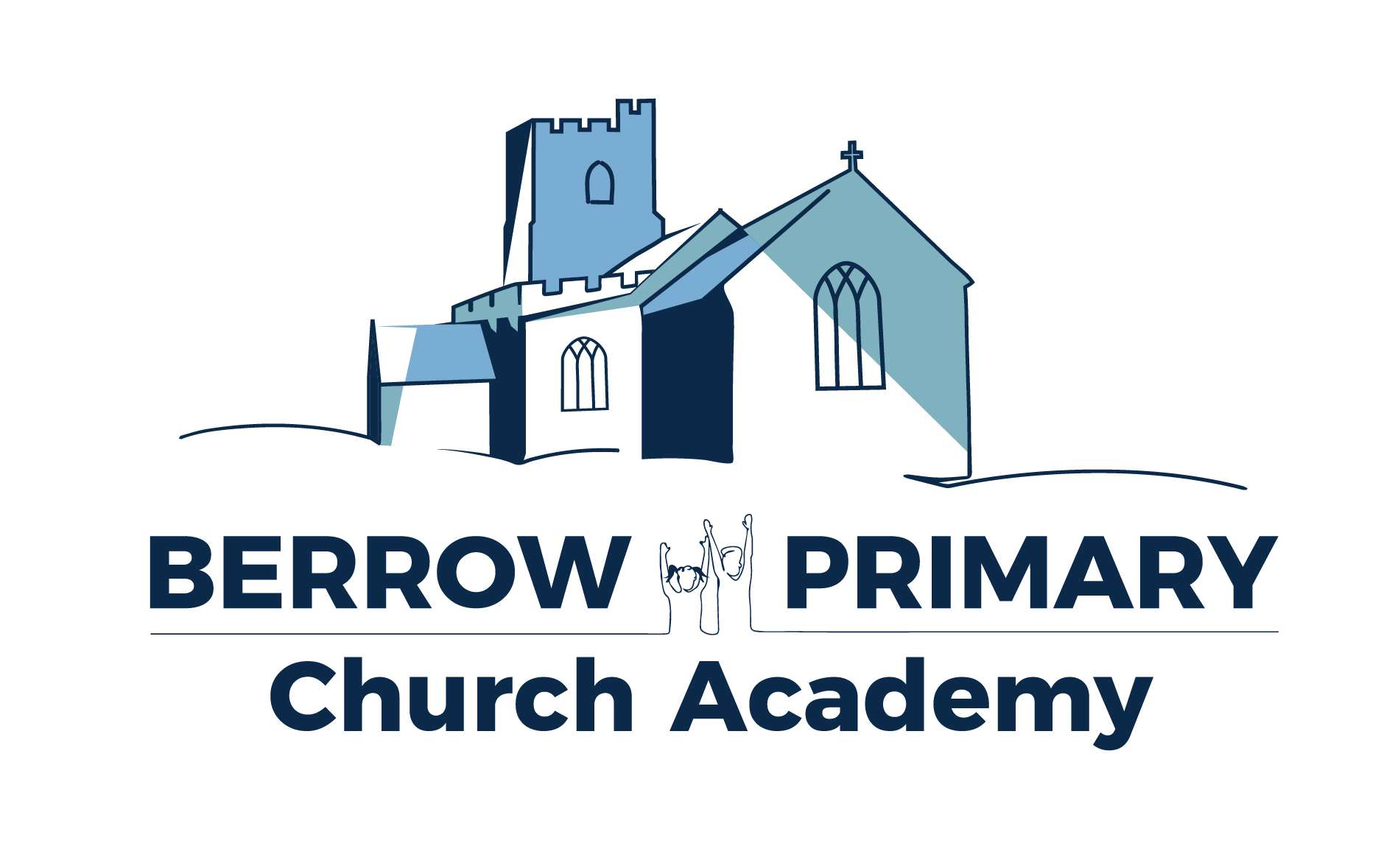E-Safety
We aim to help children to use IT to learn in lots of ways. We want them to be confident and safe users of the Internet and of new technology as it develops. Our aim has to be teaching children to use it in the safest way possible.
E-Safety refers to child protection and safeguarding of both children and adults in the digital world. It is about learning to understand and use technologies in a safe, positive way, also about supporting children and adults to develop safe online behaviours (both in and out of school).
The Internet is part of children’s lives these days. It offers lots of educational opportunities, helps them keep in touch with friends and family and opens up a world of information and experiences. Whether on a computer at school, a laptop at home, a tablet, a games console or mobile phone, children are increasingly accessing the Internet in a variety of ways.
To reduce the possibility of children accessing undesirable materials our Broadband provider (IDN) operates a filtering system that restricts access to inappropriate materials. All of our computers are in public view and access is supervised. Children are also taught the SMART rules for using the Internet, in order to help them to stay safe wherever they use the Internet.
The SMART rules:
SAFE –stay safe, don’t give out personal information
MEETING–only meet someone from the internet with your parents
ACCEPTING–emails, Instant Messaging, texts from strangers can lead to problems
RELIABLE –information on the Internet may not be true
TELL – a trusted adult if anything online makes you feel uncomfortable
We explain our ICT rules to the children frequently and annually request that the children and staff sign up to our Acceptable Use Policy. Please see our E-Safety policy for more information.We would also like to share with you some very useful E-Safety resources to the right handside of this page.
REMEMBER: Keep your computer in a shared area – Talk to your child about what they are doing online and, if possible, set up your computer in a shared area at home.
Web sites for children are not permitted to request personal information without a parent’s permission. To find out more about the websites your children are accessing, please take a look at https://www.net-aware.org.uk/

